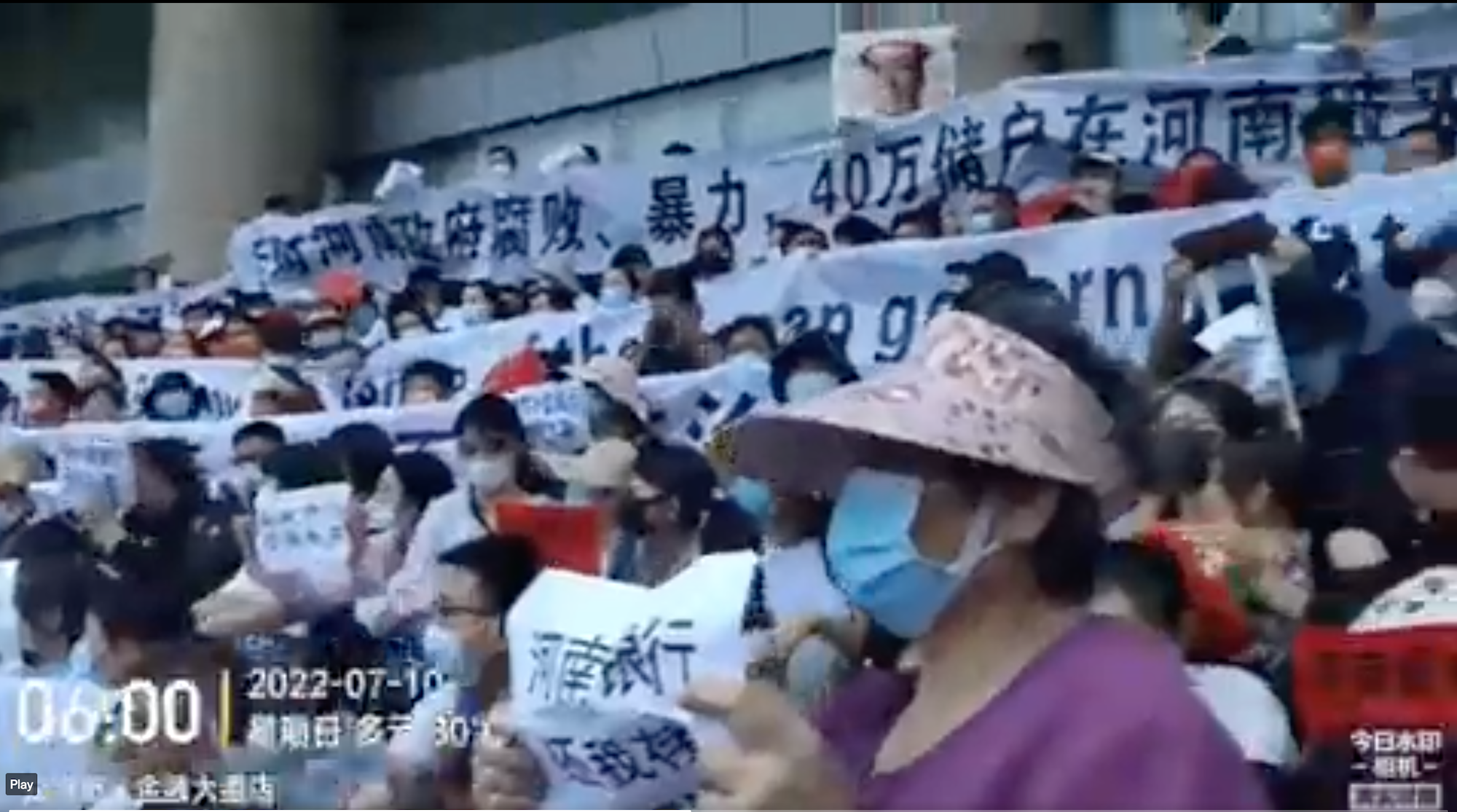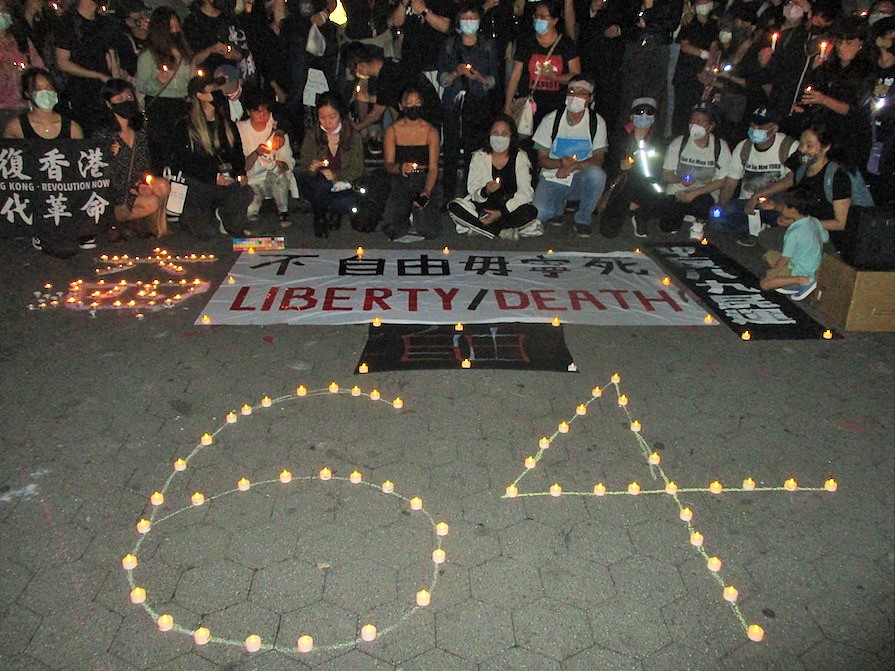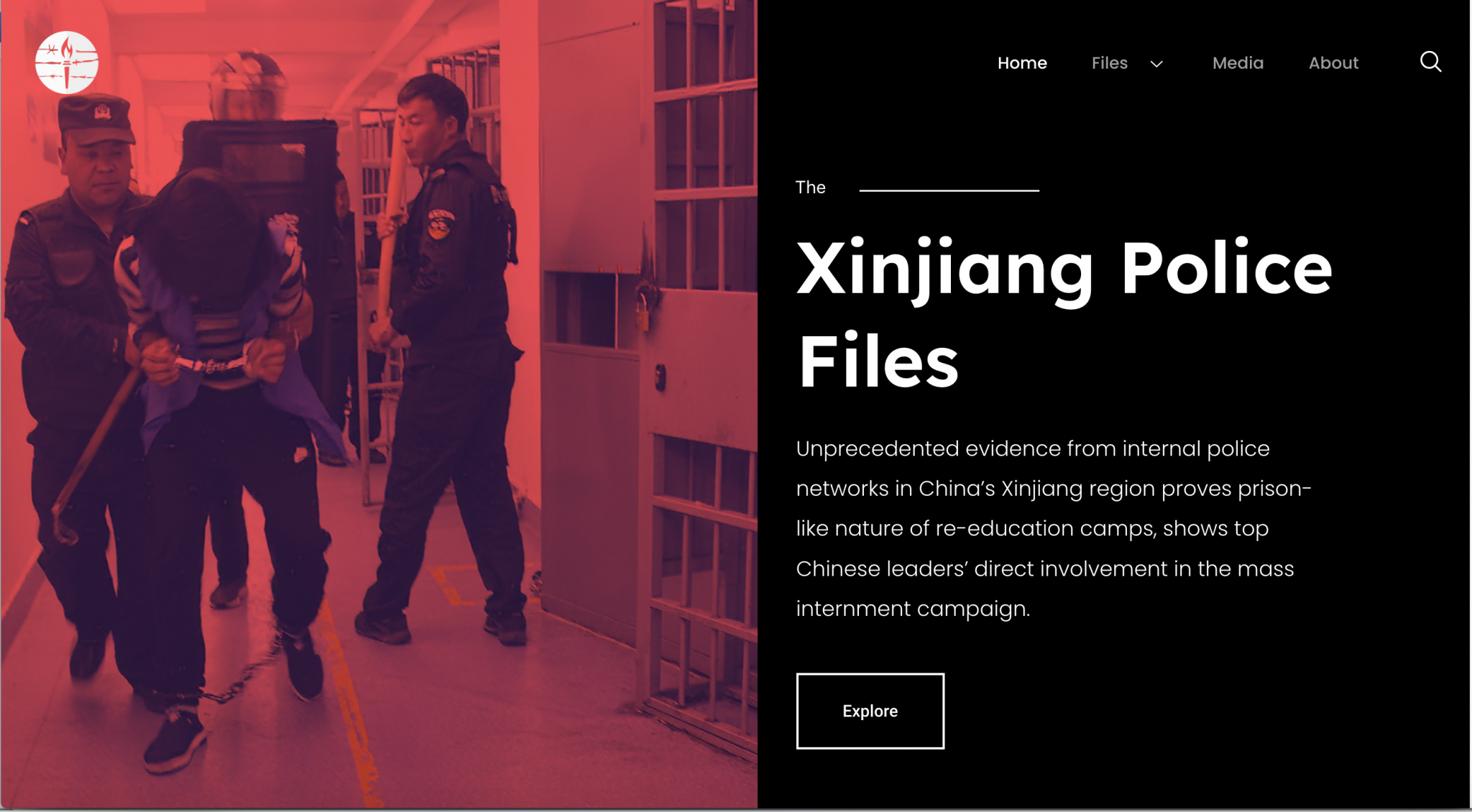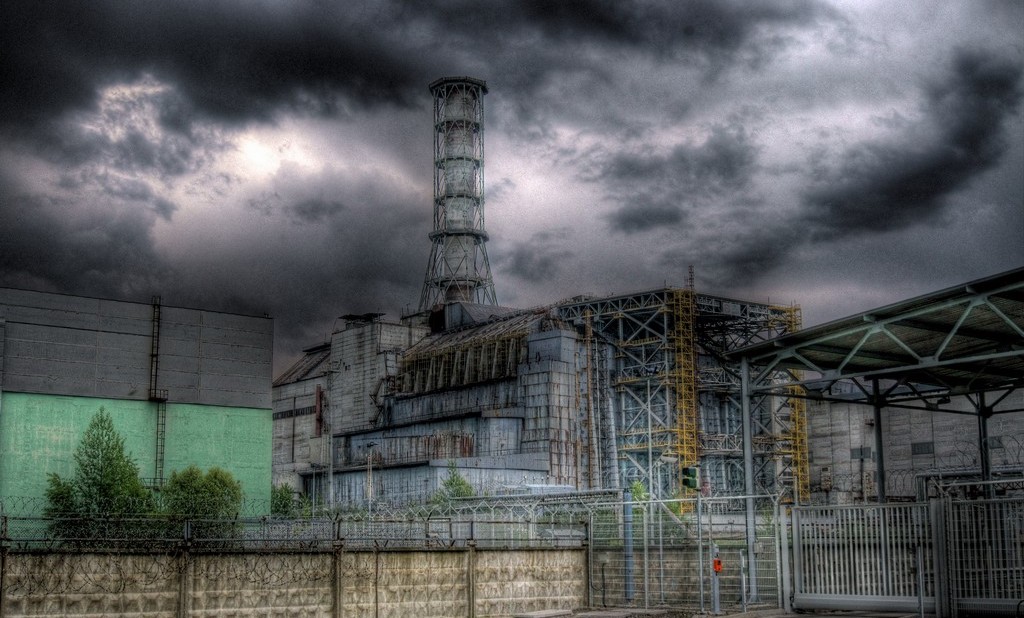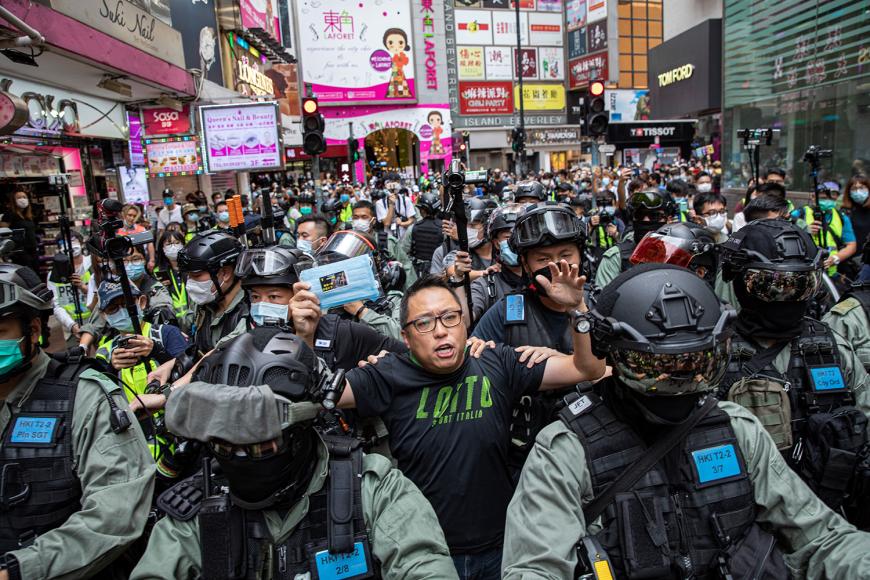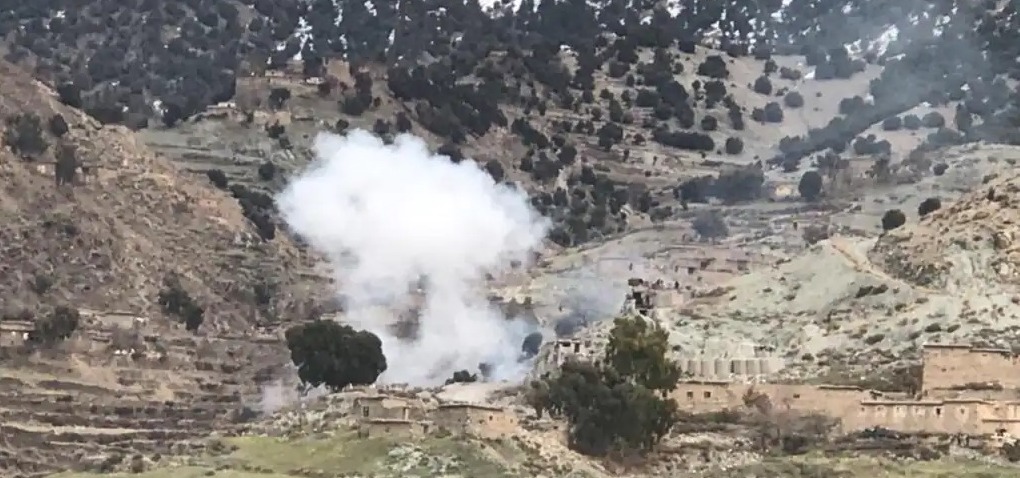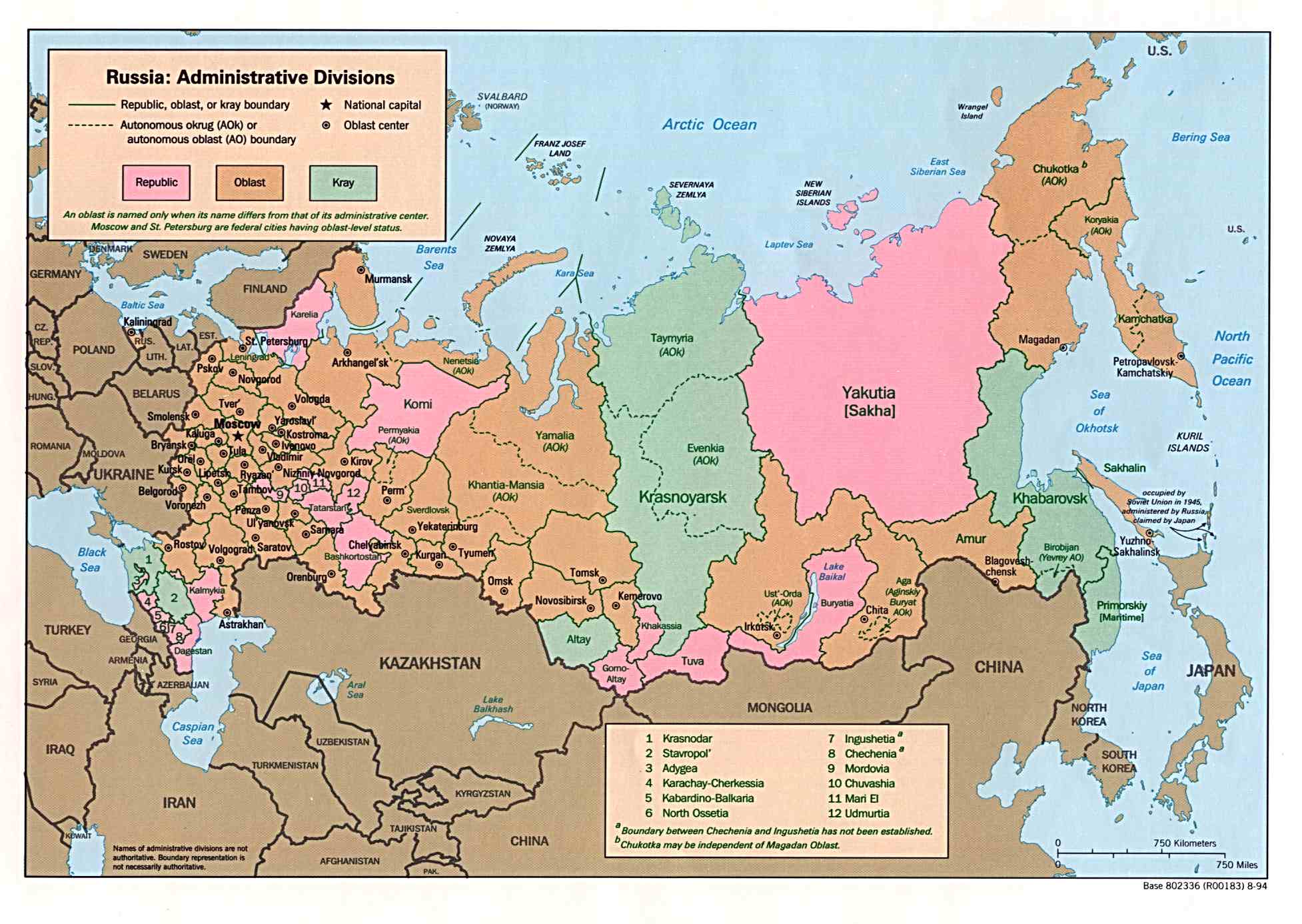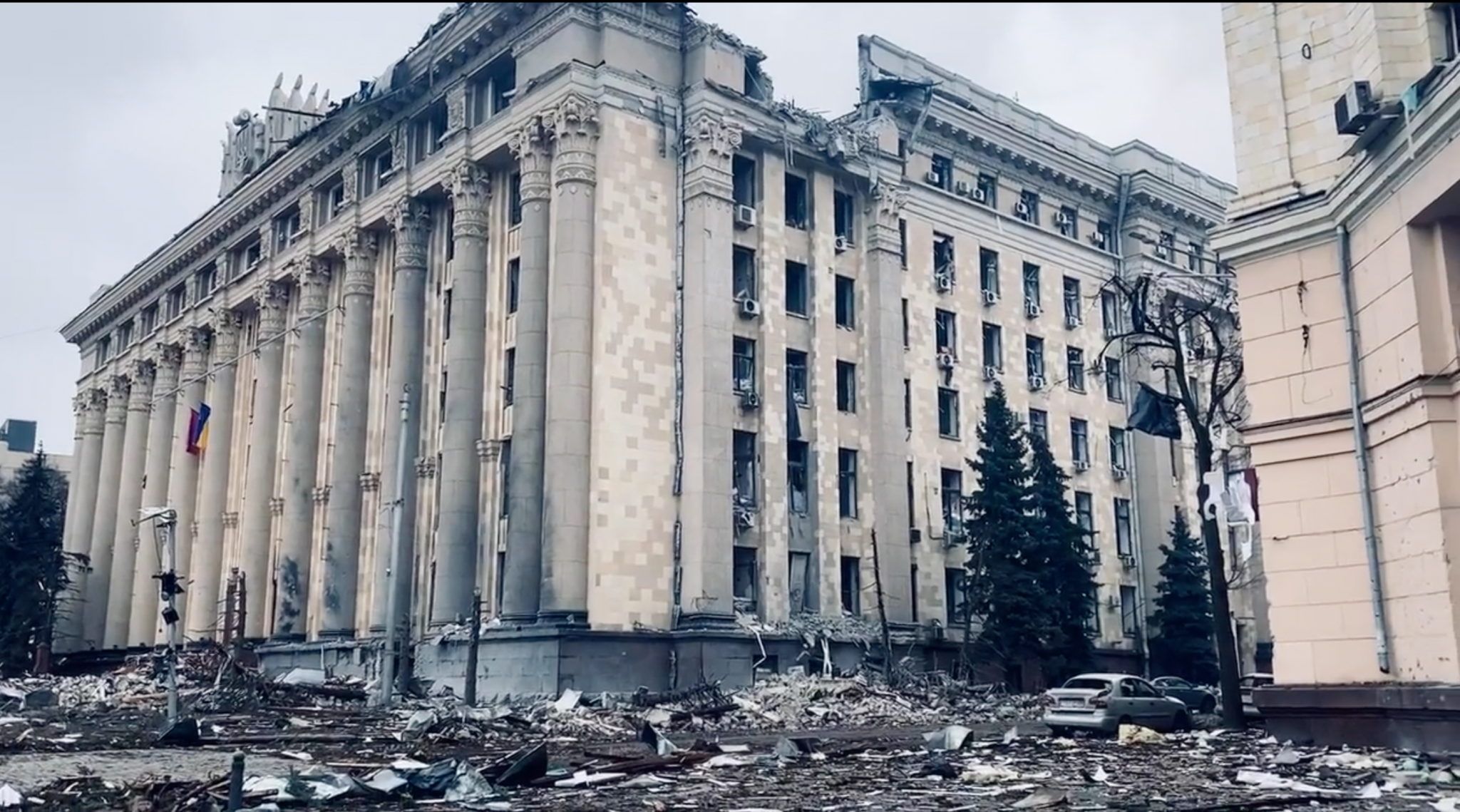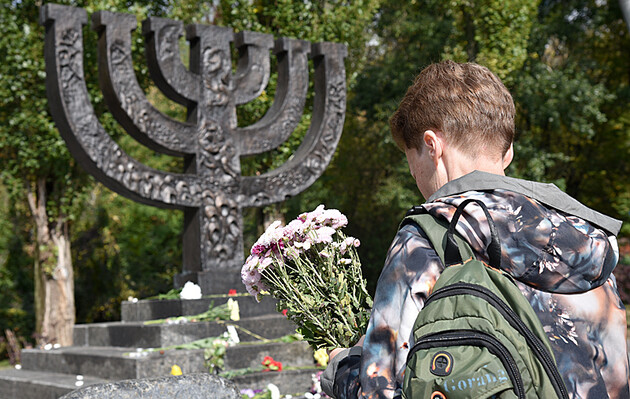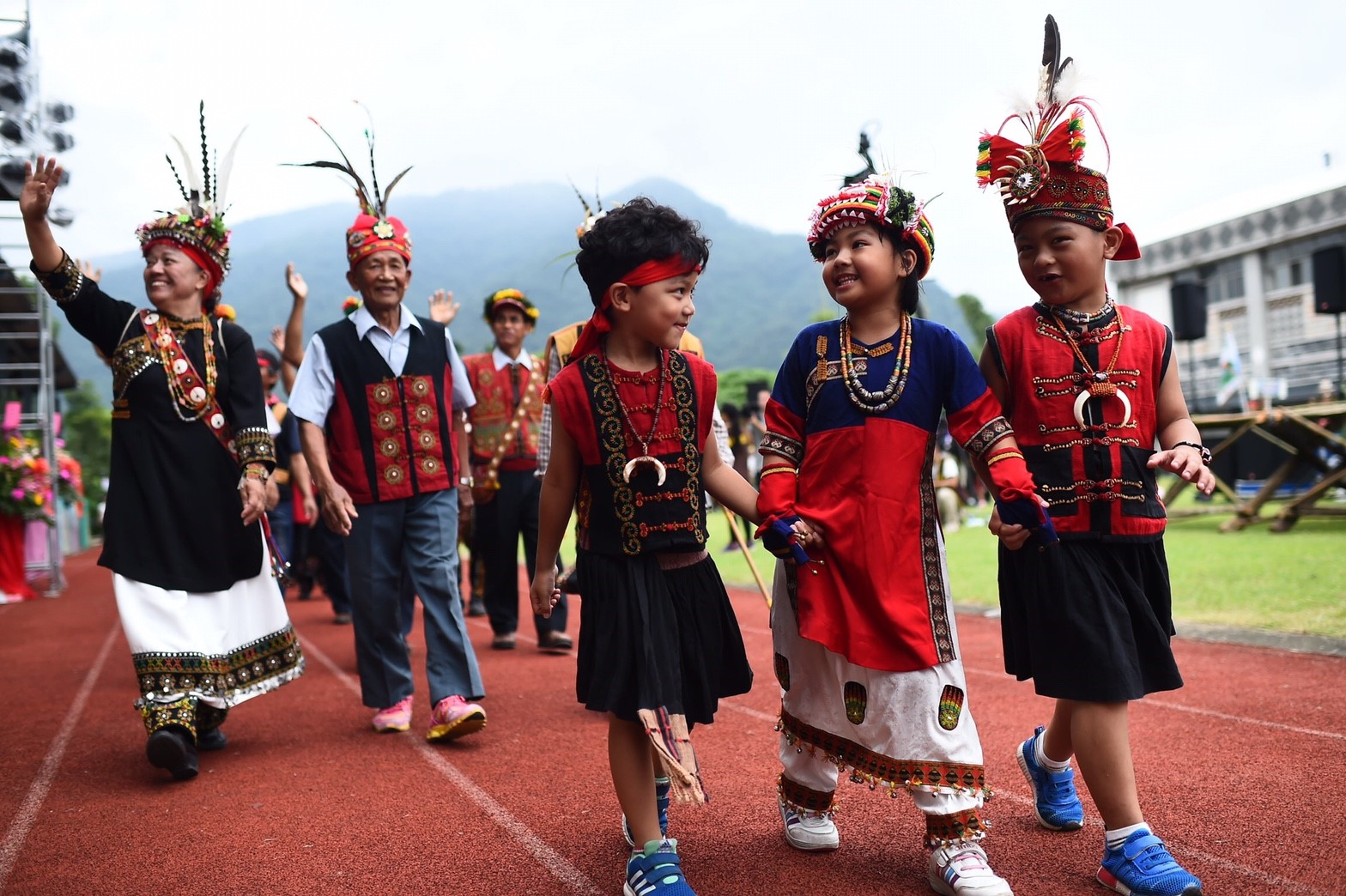
Taiwan expands rights for indigenous peoples
Taiwan’s President Tsai Ing-wen, speaking at an Indigenous Rights Forum in Taipei held to mark Indigenous Peoples’ Day, pledged new measures to protect and promote the languages, cultures and territorial rights of the island nation’s Aboriginal communities. Tsai noted that the new Indigenous Peoples Basic Act seeks to bring Taiwanese law and policy into conformity with the UN Declaration on the Rights of Indigenous Peoples (UNDRIP), and calls for re-assigning the country’s place names to reflect Aboriginal languages. Her office has established a Transitional Justice Committee to oversee implementation of the law in collaboration with Aboriginal communities. (Photo: President Tsai on visit to harvest festival of the Paiwan and Rukai peoples, Sandimen township, Pingtung county, via Wikipedia)



